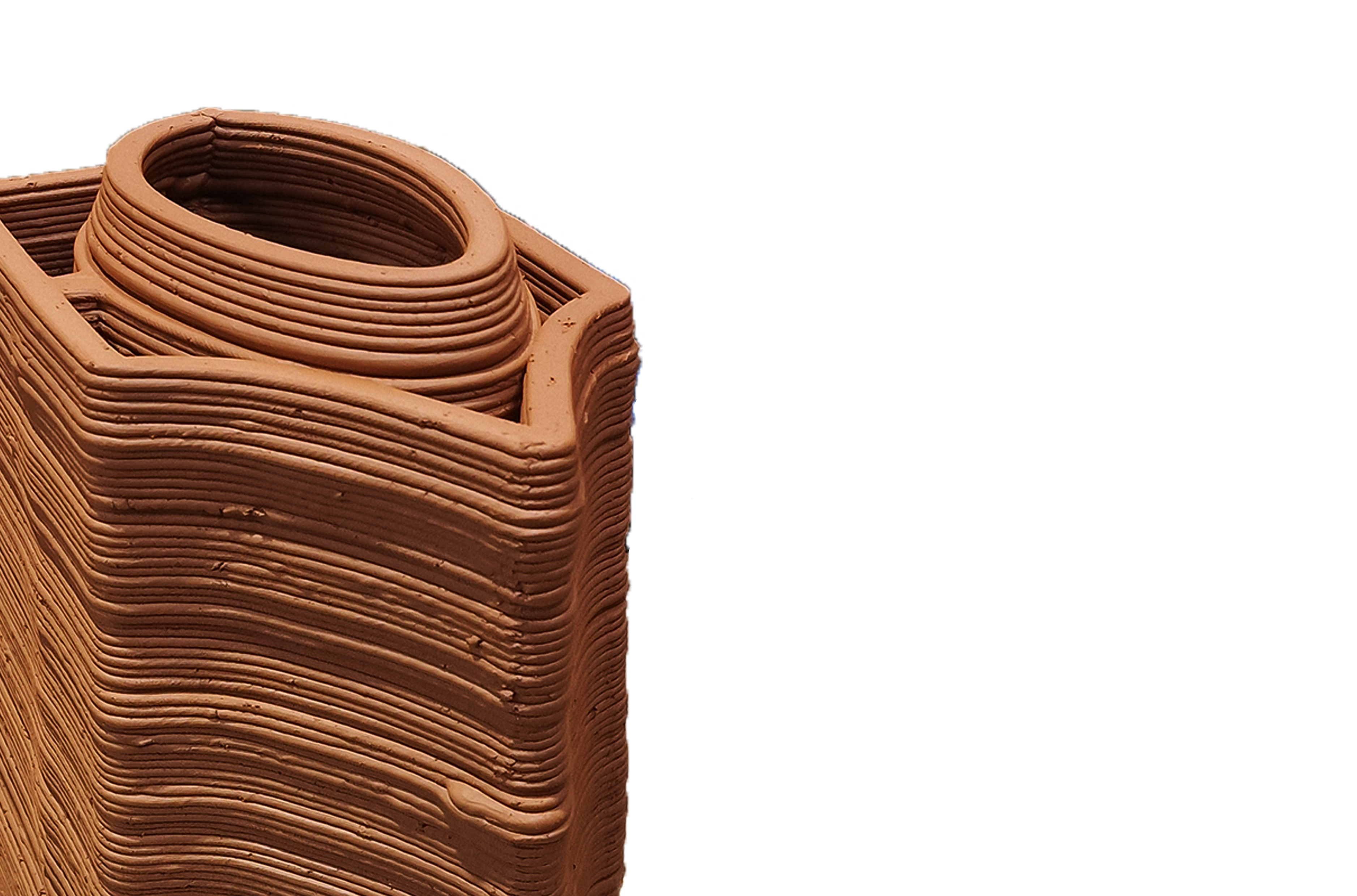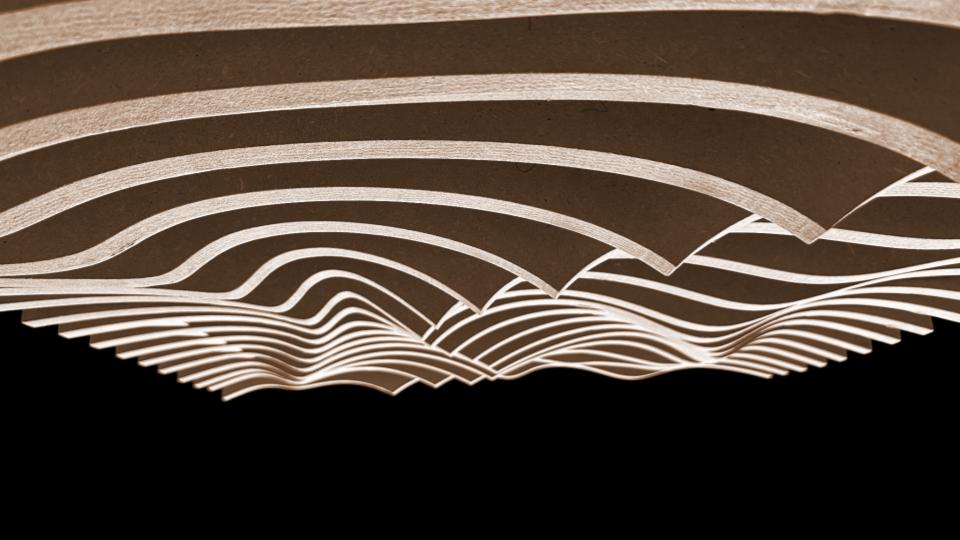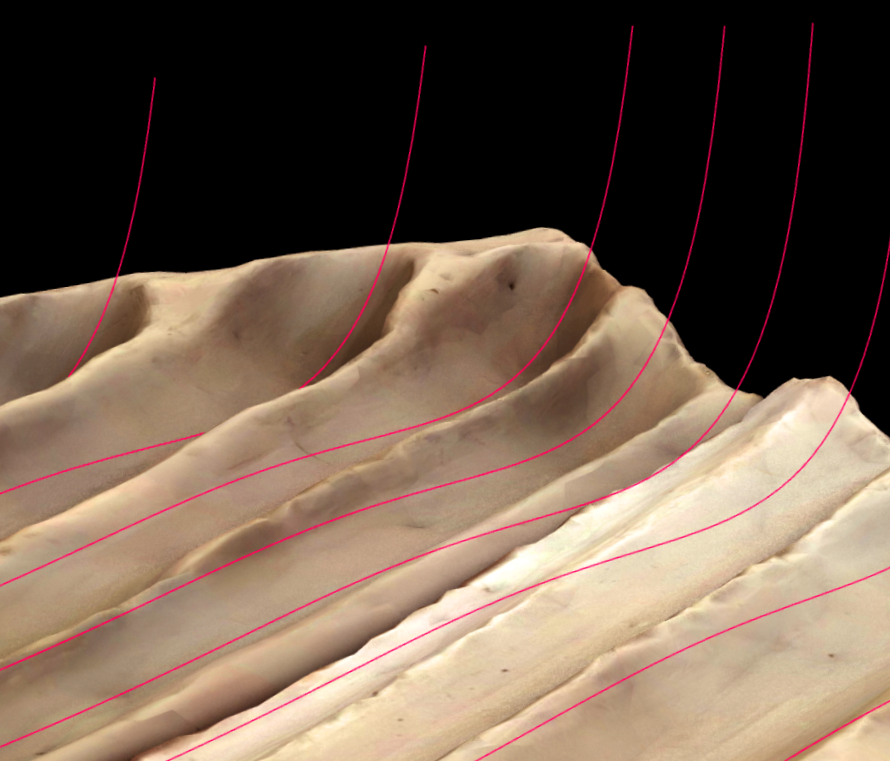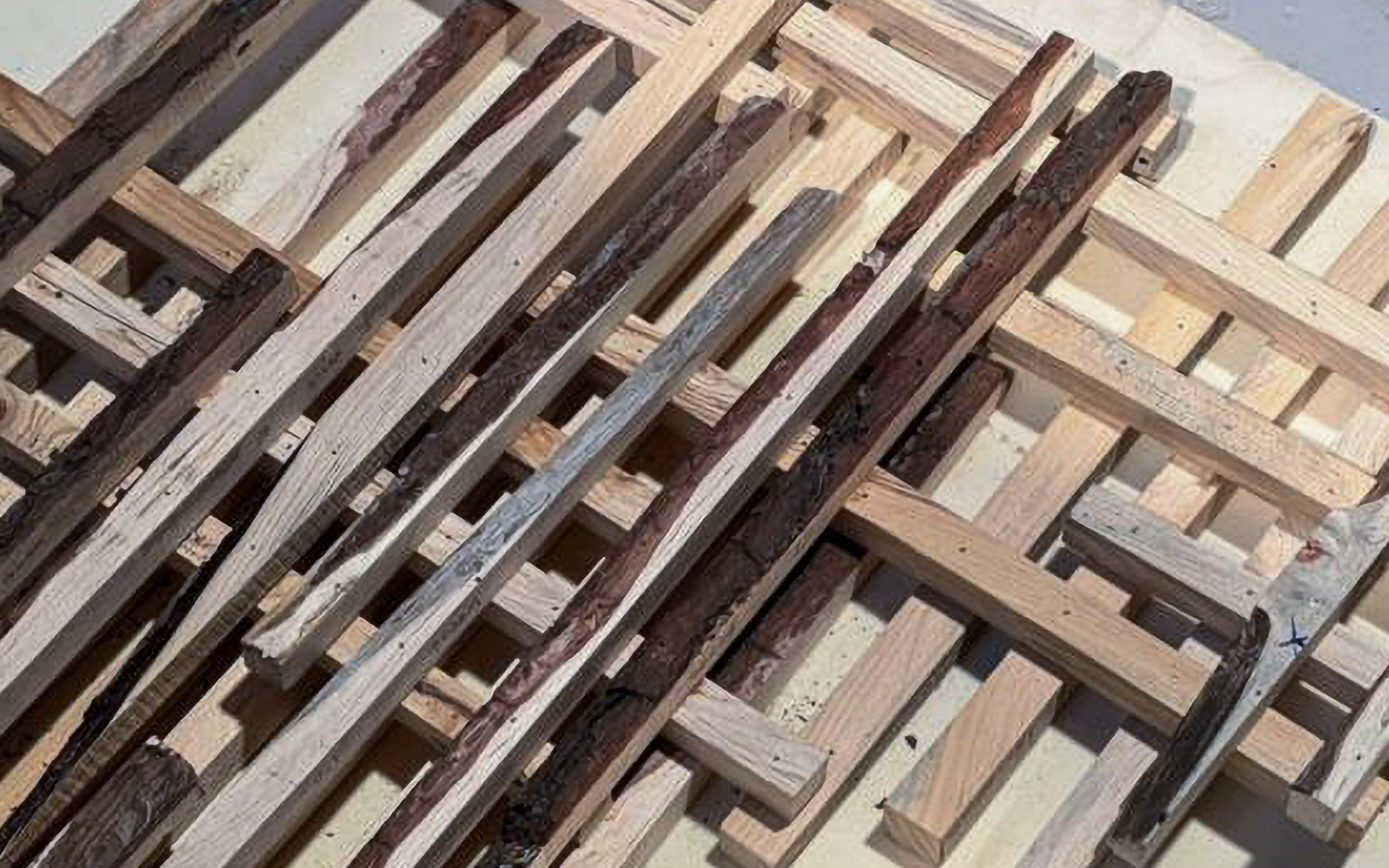Passive Cooling Facade
Introduction There is an urgent need to find innovative solutions to combat climate change and adapt to its effects in an era when our planet is facing unprecedented environmental challenges. The global climate crisis has not spared Barcelona, a city renowned for its vibrant culture and stunning architecture. Increasing temperatures have become a palpable reality, … Read more





